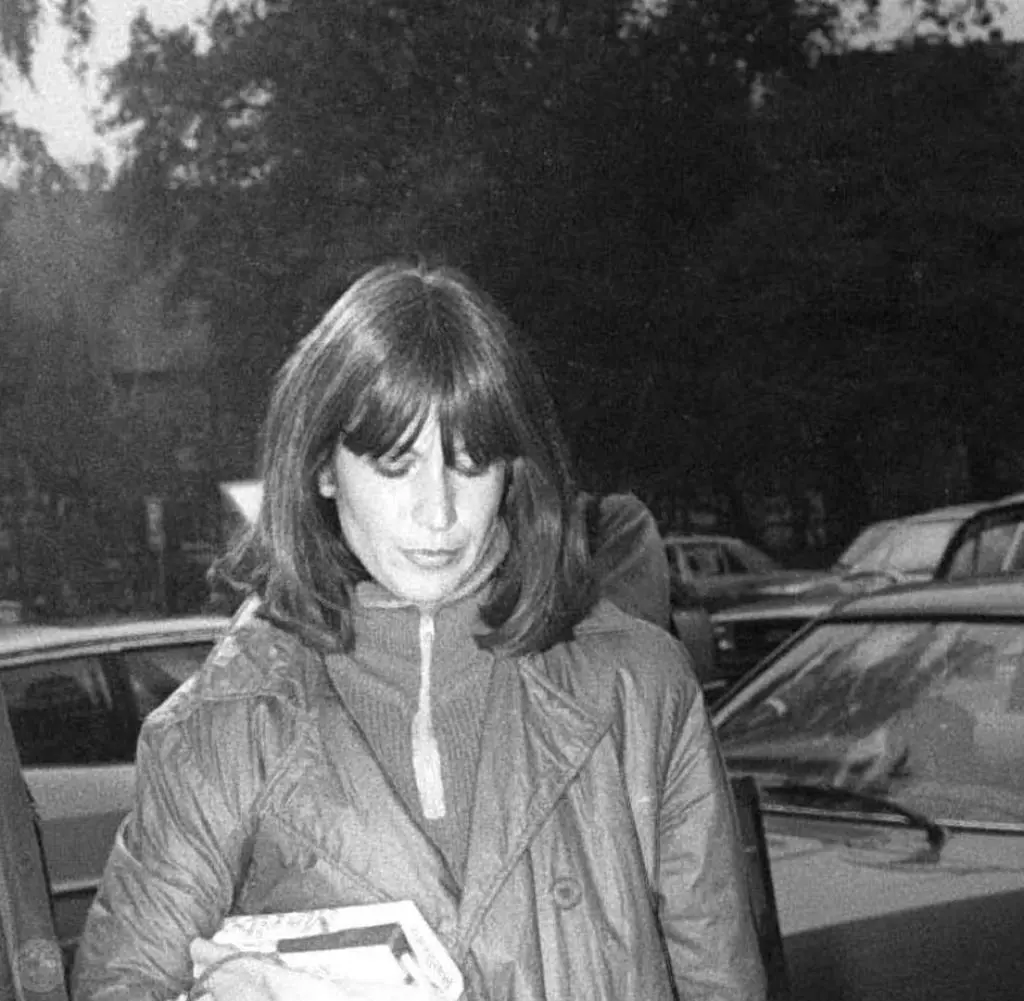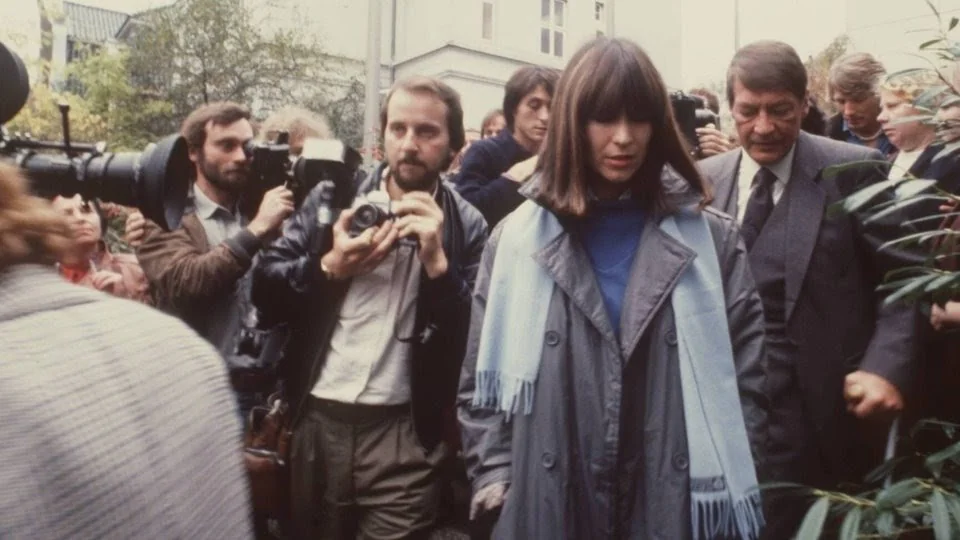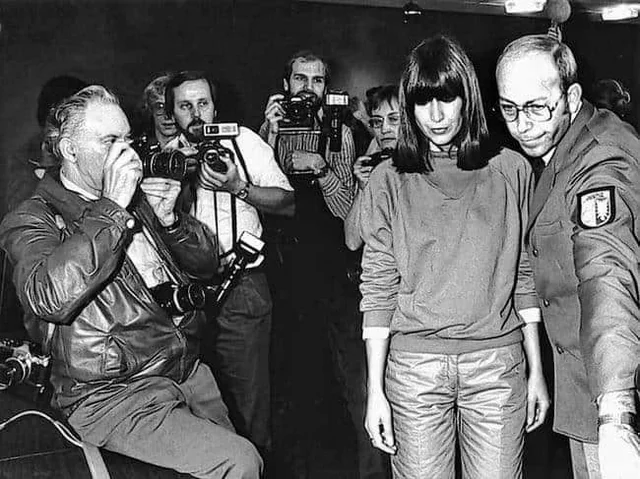Who Was Marianne Bachmeier?
Marianne Bachmeier was born on June 3, 1950, in Sarstedt, a small town near Hildesheim, Lower Saxony in West Germany. Her parents had moved there from East Prussia after the end of World War II.
Bachmeier grew up in a traditional household with deeply religious parents. Her father, who had once been in the Waffen-SS, was a strict and controlling person. He often went to a bar nearby and drank a lot of alcohol.
The atmosphere of her home was unpleasant and her father’s behavior became more aggressive when he drank. After her parents’ divorce, her mother remarried. Bachmeier felt like a troubled teenager because her stepfather was controlling. Her mother eventually made her leave.

Marianne Bachmeier’s Kids
At the age of 16, in 1966, Marianne Bachmeier gave birth to her first child, whom she put up for adoption. She later became pregnant at 18 by her boyfriend and was raped before giving birth to her second child. This child was also put up for adoption as an infant.
In 1972, Bachmeier started a romantic relationship with the manager of Tipasa, a bar where they were both employed. At the young age of 22, she became pregnant for the third time.

On 14 November 1972, she gave birth to her third child, Anna, and raised her as a single mother. As a result, Bachmeier often brought Anna to work with her at the pub and never felt the urge to leave after her usual shift as a bartender.
Anna was known as a cheerful and open-minded child, but her life came to a tragic end on May 5, 1980. Based on NDR’s report, the 7-year-old girl had skipped school on the fateful day following a disagreement with her mother.
She ended up in the company of Klaus Grabowski, a 35-year-old neighbor, and butcher who had a previous criminal history involving child molestation.
Afterward, it was discovered that Grabowski had held Anna captive at his house for an extended period before using pantyhose to suffocate her. It is still unclear if he also sexually abused her. He then concealed the girl’s lifeless body in a cardboard box and abandoned it along the edge of a nearby canal.
Grabowski’s fiancé notified the authorities, resulting in his arrest later that evening. He admitted to the murder but refuted any accusations of child abuse. Instead, Grabowski shared a bizarre and unsettling account, stating that he killed the young girl in self-defense after she attempted to blackmail him.
Grabowski claimed that Anna attempted to seduce him and blackmailed him by threatening to accuse him of molesting her if he didn’t give her money, as stated by Grabowski. This infuriated Marianne Bachmeier, and a year later, when Grabowski stood trial for the murder, she sought retribution.
Germany’s ‘Revenge Mother’
Marianne Bachmeier most likely experienced great distress during Grabowski’s trial. The lawyers representing Grabowski argued that his actions were a result of a hormonal imbalance caused by hormone therapy he had undergone after voluntarily undergoing castration several years prior.
In Germany, it was common for sex offenders to be castrated to prevent them from reoffending, but this was not the reason for Grabowski’s castration.
During the third day of the trial at Lübeck district court, Marianne Bachmeier retrieved a .22-caliber Beretta pistol from her purse and fired it eight times. The victim, Grabowski, was struck by six of the shots and succumbed on the courtroom floor.

After shooting Grabowski, witnesses claim that Bachmeier made statements that could be seen as evidence against her. Judge Guenther Kroeger, who spoke to Bachmeier immediately after the incident, reported that the distressed mother uttered the words, “I wanted to kill him.”
Anna’s mother was soon put on trial for murder. During the trial, Bachmeier claimed she had dreamt of shooting Grabowski and saw her daughter’s presence in the courtroom. A doctor who evaluated her requested a handwriting sample, to which Bachmeier replied by writing: “I did it for you, Anna.”
In 1983, Bachmeier was found guilty of premeditated manslaughter by the court and received a six-year prison sentence.
When did Marianne Bachmeier die?
Marianne Bachmeier was released from prison in June 1985, having served only half of her sentence. She then married and lived in Nigeria until the 1990s. After her divorce, she moved to Sicily. She then returned to Germany after being diagnosed with pancreatic cancer.
As her time was running out, Bachmeier asked NDR reporter Lukas Maria Böhmer to document her final weeks. On September 17, 1996, at the age of 46, she passed away and was laid to rest beside her daughter, Anna.









